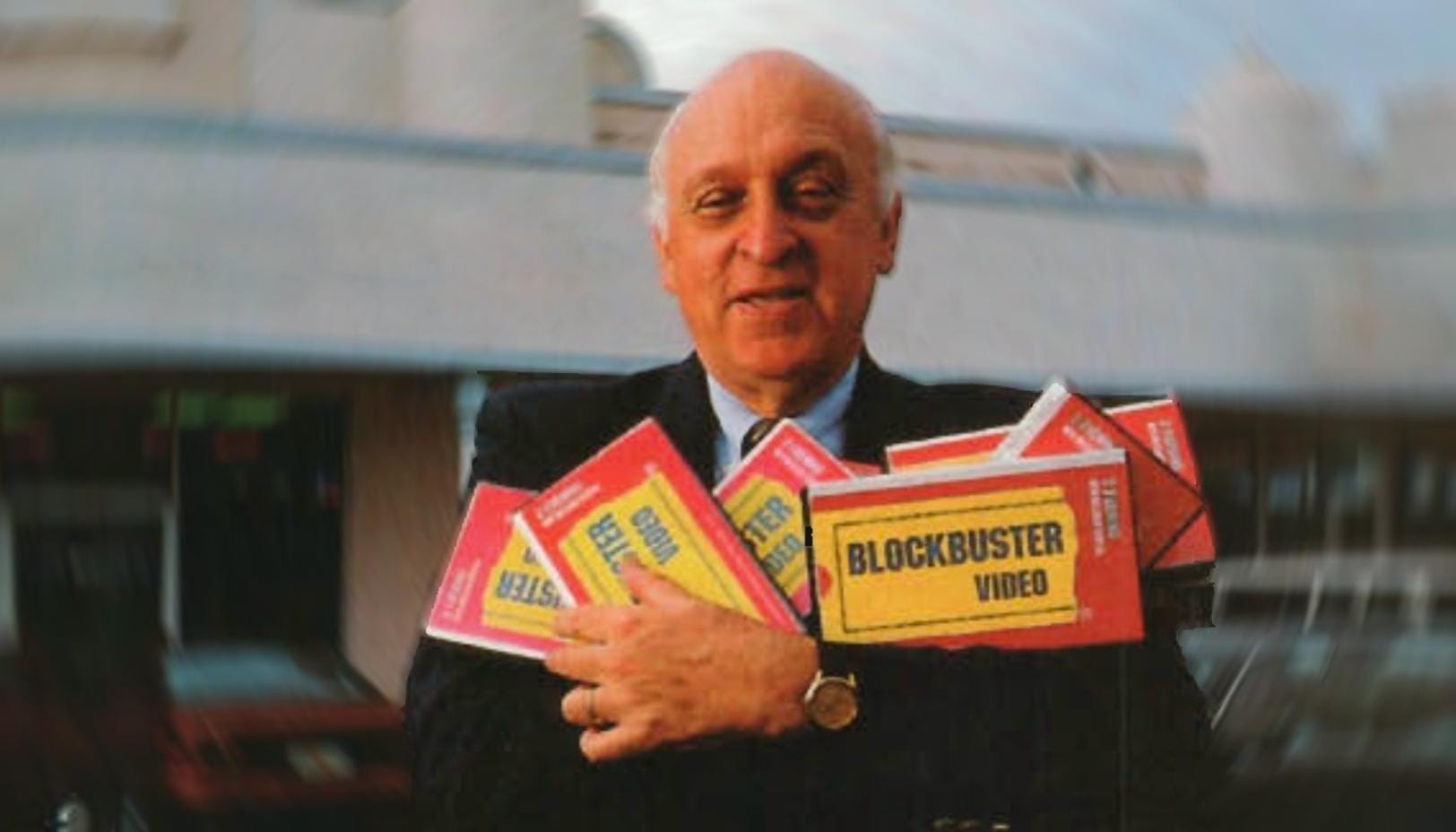
But We Are Long-Term Investors
It's often how you react (or don't) to the same situations that shows you how much you’ve grown.
When starting your fund, the hardest part is finding the right investors.

Even though I don’t manage other peoples money, I’m certain the hardest part isn’t finding the right investments, it’s finding the right investors. From time to time I get asked questions from aspiring or emerging fund managers. I normally point them to other managers (sometimes literally and sometimes to their investor letters) that I think have high integrity that also have a track record of success. One of those individuals is Robert Vinall.
Robert Vinall of RV Capital manages his Business Owner TGV Hedge Fund registered in Germany. Admittedly, I’ve always been a bit biased towards Robert Vinall because our investment philosophies are quite similar. He operates a long-term oriented concentrated strategy with the three largest positions making up 50% of his fund. Vinall sums up his investment philosophy, “The name – Business Owner – reflects the philosophy of investing like an owner in businesses run by an engaged and rational owner with the capital of investors who think like an owner.” I would recommend investors sign up to his website where you can then access his letters and commentary at http://www.rvcapital.ch
Earlier this year Robert held his RV Capital Emerging Manager Day where investors and stakeholders come in to share ideas, thoughts, and ask questions. In the video above, Vinall gives ten valuable insights to emerging managers on what to think about when starting their fund. I’ve listed the ten insights below. You can also watch other segments from the event on ValueWalk.
In Part 2, Robert lets his partners (i.e. investors) such as a couple family offices, Global Endowment Management, MIT Endowment, etc answer some questions.
===> Interact and learn with 250+ of the best microcap investors on the planet. [Join Us]
MicroCapClub is an exclusive forum for experienced microcap investors focused on microcap companies (sub $500m market cap) trading on United States, Canadian, European, and Australian markets. MicroCapClub was created to be a platform for experienced microcap investors to share and discuss stock ideas. Since 2011, our members have profiled 1000+ microcap companies. Investors can join our community by applying to become a member or subscribing to gain instant view only access. MicroCapClub’s mission is to foster the highest quality microcap investor Community, produce Educational content for investors, and promote better Leadership in the microcap arena. For more information, visit http://microcapclub.com and https://microcapclub.com/summit/
Get Alerted to our Next Educational Blog Post

It's often how you react (or don't) to the same situations that shows you how much you’ve grown.

"Call Charlie a lucky man for stumbling onto Cook Data Service, but luck didn't make him a millionaire."

You make the most money by having a 1–3-year variant view on a business and buying the stock before the business turns up, inflects, or accelerates.